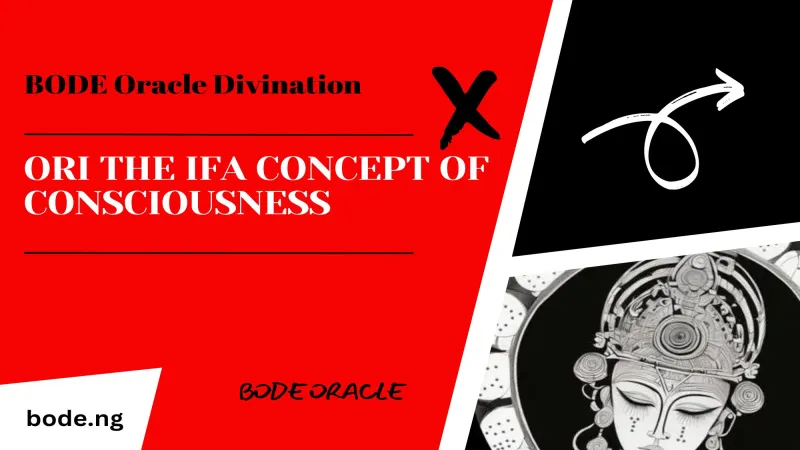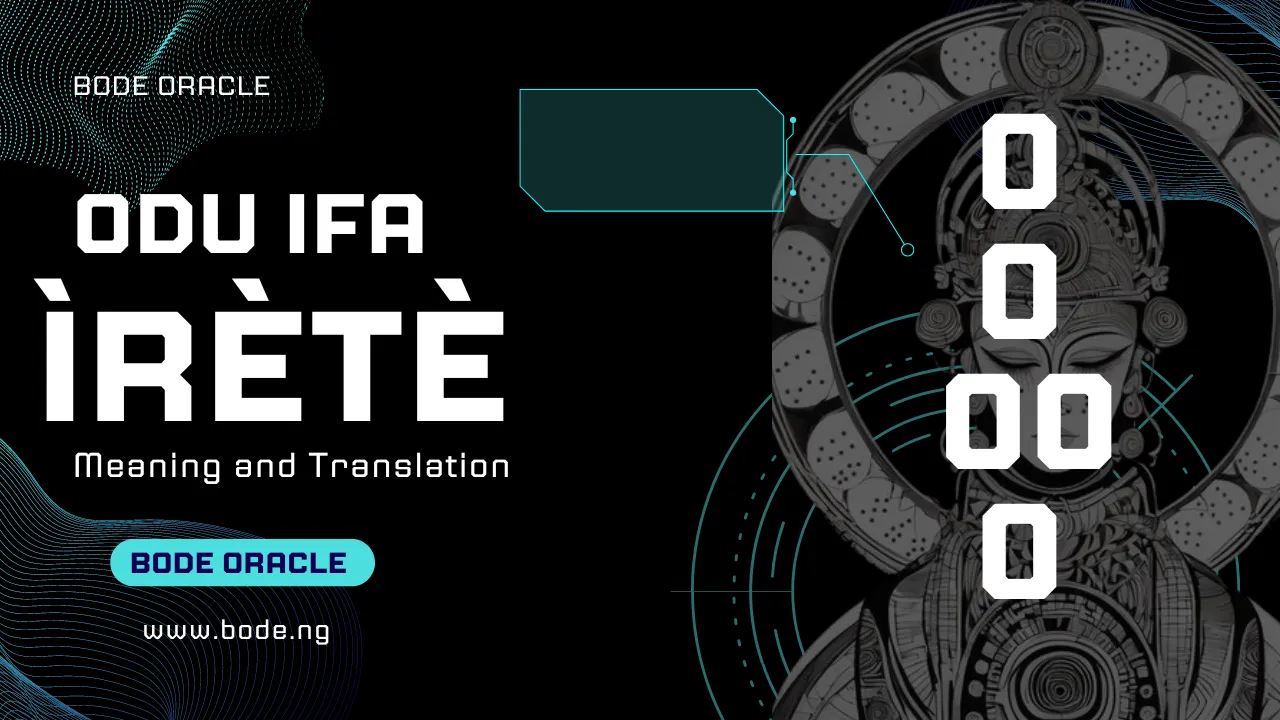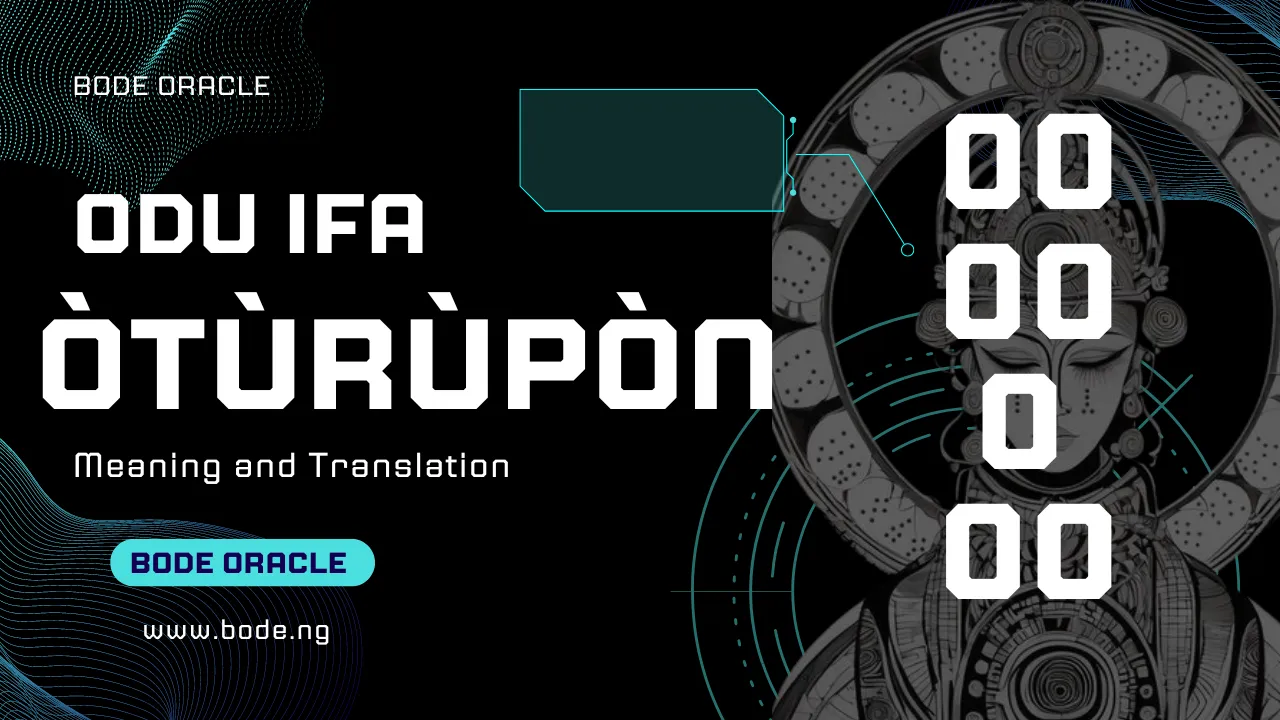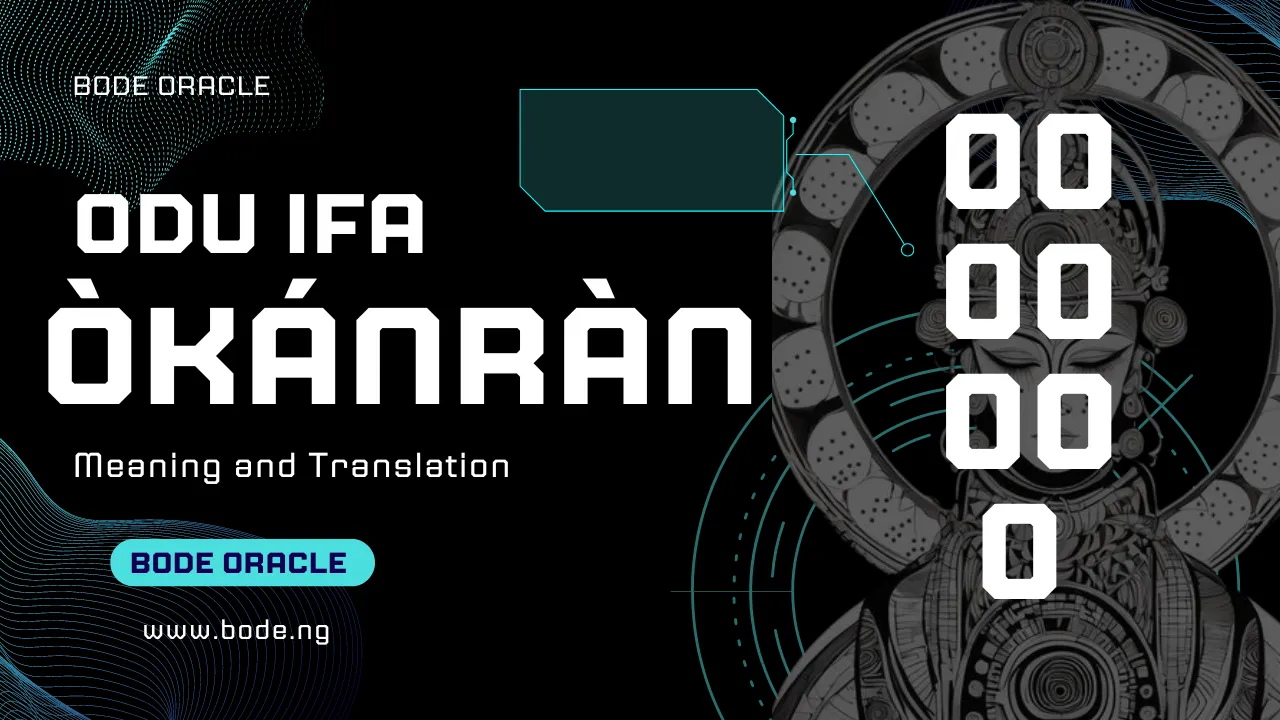Ori, which translates to "head," signifies an individual's spiritual intuition and destiny. It embodies the reflective essence of human consciousness, often personified as an Orisa in its own right.
In Yoruba tradition, it's believed that individuals can heal themselves both spiritually and physically by collaborating with the Orisas to achieve a harmonious character, known as iwa-pele.
Attaining a balanced character allows for alignment with one's Ori, or divine self, often referred to as the inner God self. This alignment with Ori brings inner peace and fulfillment, enabling one to reach their optimal destiny.
Establishing this connection is important, as the ultimate goal is to gain self-knowledge. The significance of individual identity is encapsulated in the Yoruba proverb: "Ori la ba bo, a ba f'orisa sile," which translates to "It is the inner self we ought to venerate, and let divinity be." This clearly emphasizes the vital importance of honoring our Ori.
You Can Also Read More On
Brief History of Hermeneutics in Relation to Odu Ifa
ORIKI ORI (Praising the Inner Spirit)
Ori san mi. Ori san mi. Ori san igede. Ori san igede
Ori otan san mi ki nni owo lowo. Ori otan san mi ki nbimo le mio.
Ori oto san mi ki nni aya. Ori oto san mi ki nkole mole.
Ori san mi o. Ori san mi o. Ori san mi o. Oloma ajiki, iwa ni mope.
Ase.
Translation
Inner Spirit guide me. Inner Spirit guide me. Inner Spirit support me. Inner Spirit support me.
Inner Spirit supports my abundance. Inner Spirit supports my future children.
Inner Spirit supports my relationship. Inner Spirit protects my house.
Inner Spirit guides me. Inner Spirit guides me. Inner Spirit Guides me. Protector of Children, my inner character is thankful.
May it be so.
People Also Read
Iwe Odu Ifa by Ifayemi Awopeju Bogunmbe
Odu Ifa Signs And How They Are Cast
IFA And Ori
It is evident that within the Ifá literary corpus, references to Ori can be found in each of the 256 odus. The verses themselves are countless.
However, it is understood that every odu includes one or more verses addressing the concept of Ori. Ifá recognizes the significance of the inner divine presence in each individual.
The ultimate goal, as previously mentioned, is to achieve complete alignment with one's inner divine self, or what is referred to as iponri in the traditional Yoruba belief system.
During Ifá divination, the diviner is guided to one of the 256 verses in the Ifá oral scripture. This verse reveals the client’s most pressing spiritual lesson.
After identifying this lesson, the diviner uses two symbolic objects (stone and shell) to determine the direction of the divination. This process is viewed as direct communication with the client’s Ori.
It assesses whether the client can assimilate and integrate the four components of Ori, learn the lesson, and receive the blessings that come with expanded consciousness, or if they resist the lesson, which may lead to self-defeating behaviors.
Ori ẹni laji ki
Ori ẹni lajige
Ori laba bo kafi oriṣa silẹ
Ori lẹja fín labu
Ori mi ja funmi
Ori mi tete la, k'ori ọlola
Maṣe pe e ran niṣẹ
Ẹlẹda mi jọwọ makofunmin
Jẹkin ṣaṣela nile Aiye mi o
Ase
Ifá states, "Awon ti won segun ota, ko sohun ti yio fa iberu ota," meaning those who conquer the enemy within have nothing to fear from external enemies.
Ifá divination is based on overcoming the internal adversary. Smooth assimilation of the lesson is referred to as ire, while resistance to the lesson is termed ibi.
In Yoruba, ibi means after-birth. Retaining the placenta after delivery can be fatal. The term ibi in the context of divination implies that a person clings to thought forms (dogma) that resist the current lesson (ire).
I would describe ibi as a refusal to adopt an open-ended worldview. Ibi represents the solidification of dogma. This solidification occurs because releasing strongly held beliefs can feel like a loss of self, threatening one’s physical existence.
Read More
More accurately, it signifies a spiritual death that paves the way for rebirth and growth. The death of the old self can be frightening and often involves struggle and resistance.
Ifá teaches that "Iberu le fa iku ara tabi ti emi," meaning fear is the parent of premature death. Resistance to change demands constant effort.
If one dedicates all their attention to ignoring lessons, there is little time for living in the present. Failing to live in the moment is perilous. Learning Ifá involves adopting behaviors that ease the transition from ibi to ire.
Embracing the forthcoming emergence of a new self from the death of the old self can make change less daunting. When ibi transforms into ire, it tends to solidify in one of the four quadrants of the Ifá mandala.
Someone fearful of the future may remain stuck in the past, exemplified by adults who resist growing up, desiring to prolong the carefree nature of childhood.
Those avoiding developmental challenges often seek a better future, sometimes expressing that their lives would improve if they won the lottery.
Individuals fearful of success may distract themselves with spiritual matters to rationalize failures in practical areas, claiming that success is unimportant.
Also, those obsessed with success may be evading moral and ethical considerations integral to spiritual development.
This avoidance typically stems from low self-esteem, leading to the misconception that external forms of gratification can solve their problems.
Divination uses ebo to break the bonds of ibi or solidified dogma. Ebo includes offerings, healing, cleansing, rituals, and initiations as methods to liberate the Ori from self-imposed limitations. Ifá describes this process by stating, "mo‘bo Orisa," meaning I make an offering to the spirit.



